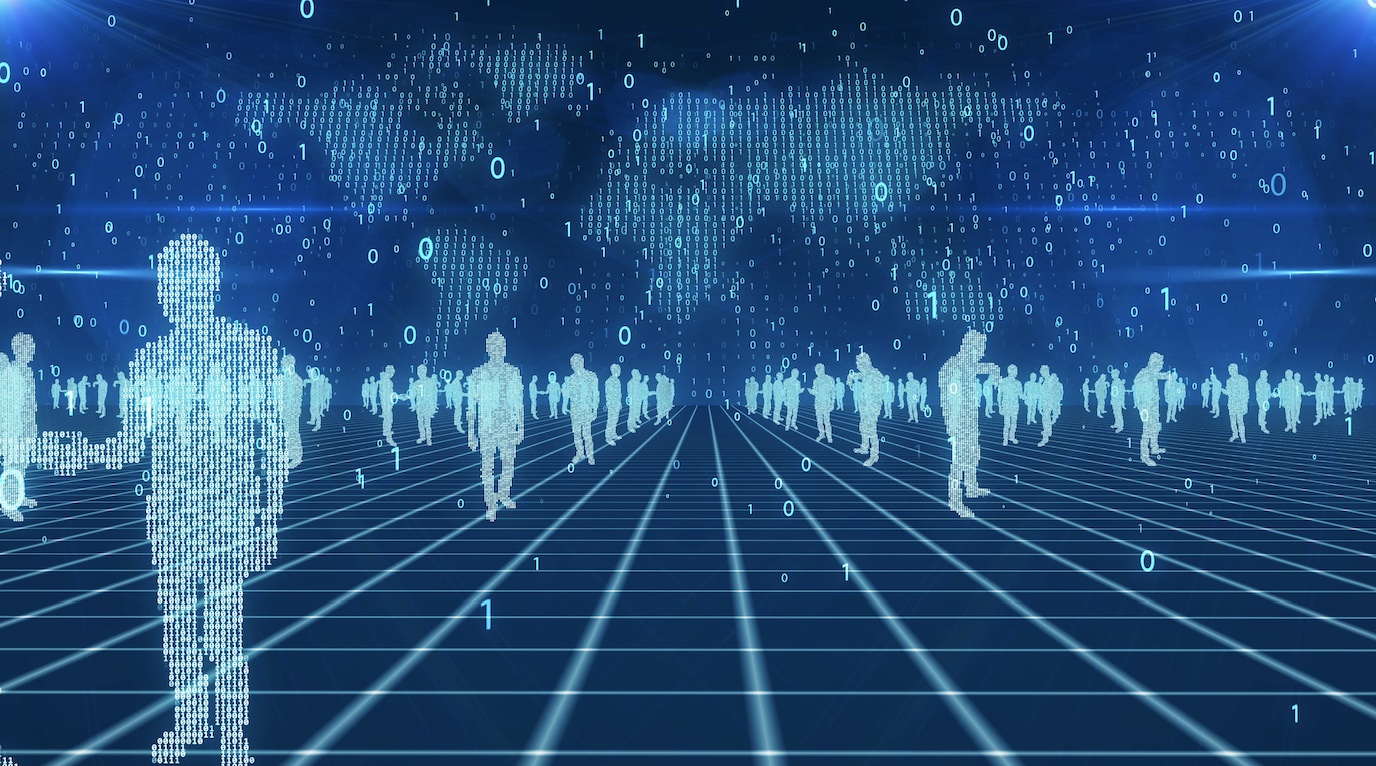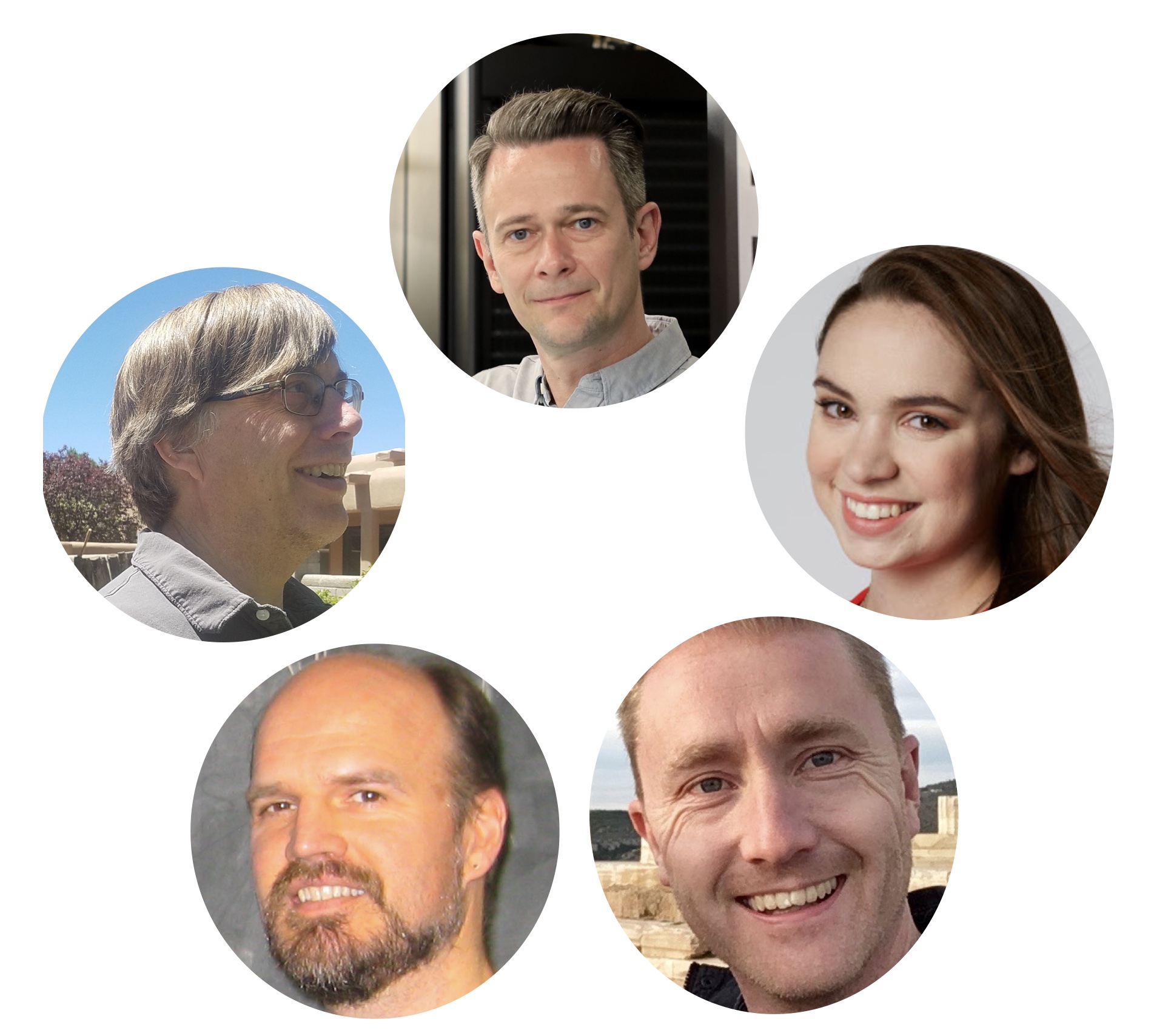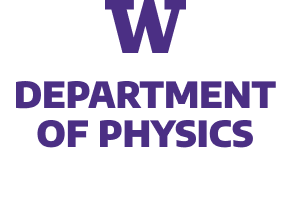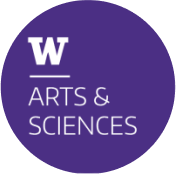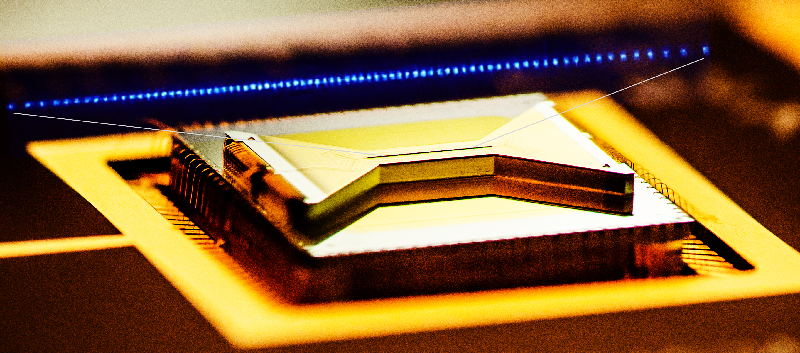
Scientific Quantum Computing and Simulation on Near-Term Devices: Quantum Simulations of Strongly Correlated Systems
Organizers: Joseph Carlson (LANL), Gaute Hagen (ORNL), Crystal Noel (Duke), Andrew Sornborger (LANL) and David Weld (UCSB). Jointly sponsored with the Quantum Science Center (QCS) and IQuS.
This workshop will highlight recent advances in quantum computing promising near-term impact on our understanding of strongly-correlated quantum systems. The format includes significant discussion time to develop and disseminate new results and ideas from a variety of technologies. We will highlight the impact of atomic and molecular experiments and digital quantum computers on a diverse array of problems in nuclear, AMO, and condensed matter physics.
The workshop focuses on high-impact early applications in theory and experiment. Presentations of recent advances together with discussions will encourage development of emulators and algorithms that can impact several fields of science. The focus will be on the intersection of algorithms, emulations, and universal gate-based quantum computers to enable rapid progress on important problems.
Due to Covid and the safety of our community being of paramount concern, we have decided to hold a virtual workshop during this time period, and are planning for an in-person workshop sometime during early 2022.
Hourly Schedule
Day-1 : Monday, 8 November, 2021 : Strongly correlated quantum many-body problems : Chaired by Joe Carlson
- 9.00am - 9.30am
- Introduction
- Organizers, QSC, IQuS
- 9.30am - 10.00am
- In Pursuit of High Performance Quantum Computing
- David Dean (ORNL)
- 10.00am - 10.30am
- A dual-species atom array
- Hannes Bernien (U. Chicago)
- 10.30am - 11.00am
- Designer Hamiltonians in Strongly Correlated Materials
- Sinead Griffin (LBNL)
Day-2 : Tuesday, 9 November, 2021 : Open Quantum Systems: Chaired by Crystal Noel
- 9.00am - 10.00am
- Experimental Panel Discussion - Moderated by Crystal Noel (Duke)
- Misha Lukin (Harvard), Norbert Linke (Maryland), Irfan Siddiqi (Berkeley)
- 10.00am - 10.30am
- A quantum-heat engine driven by atomic collisions
- Artur Widera (TU Kaiserslautern).
- 10.30am - 11.00am
- Accurately computing the electronic properties of a quantum ring
- Pedram Roushan (Google)
Day-3 : Wednesday, 10 November, 2021 : Spin Systems on Lattices: Chaired by Andrew Sornborger
- 9.00am - 9.30am
- Quantum simulation and sensing with two-dimensional trapped ion crystals
- John Bollinger (NIST)
- 9.30am - 10.00am
- Coherent Neutrinos
- Alessandro Roggero (U. Trento)
- 10.00am - 11.00am
- Theory Panel Discussion - Moderated by Andrew Sornborger
- Michael Foss-Feig (Honeywell), Robert Huang (Caltech), Natalie Klco (Caltech), Thomas Papenbrock (UT Knoxville), Rolando Somma (LANL)
Day-4 : Thursday, 11 November, 2021 : Optimization of Hamiltonian mapping and variational approaches : Chaired by Gaute Hagen (ORNL)
- 9.00am - 9.30am
- Dimensionality reduction of many-body problem using coupled-cluster formalism: hybrid quantum-classical Perspective
- Karol Kowalski (PNNL)
- 9.30am - 10.00am
- Variational fast forwarding for dynamical simulation
- Zoe Holmes (LANL)
- 10.00am - 10.30am
- Noise-resilient quantum simulation of nuclear dynamics
- Sofia Quaglioni (LLNL)
- 10.30am - end
- 2-Minute Slide Presentations and Discussion - Moderated by Gaute Hagen
Day-5 : Friday, 12 November, 2021 : Coupling Theory and Experiment : Chaired by David Weld (UCSB)
- 9.00am - 9.30am
- Many-body physics with Rydberg Atoms
- Alexey Gorshkov (QuICS, UMD)
- 9.30am - 10.00am
- Implementing the antisymmetrized geminal power (AGP) wavefunction on a quantum computer
- Armin Khamoshi (Rice)
- 10.00am - 10.30am
- Programmable Interactions among Atoms in an Optical Cavity
- Eric Cooper (Stanford)
- 10.30am - 11.00am
- Summary and Discussion
- The Organizers
